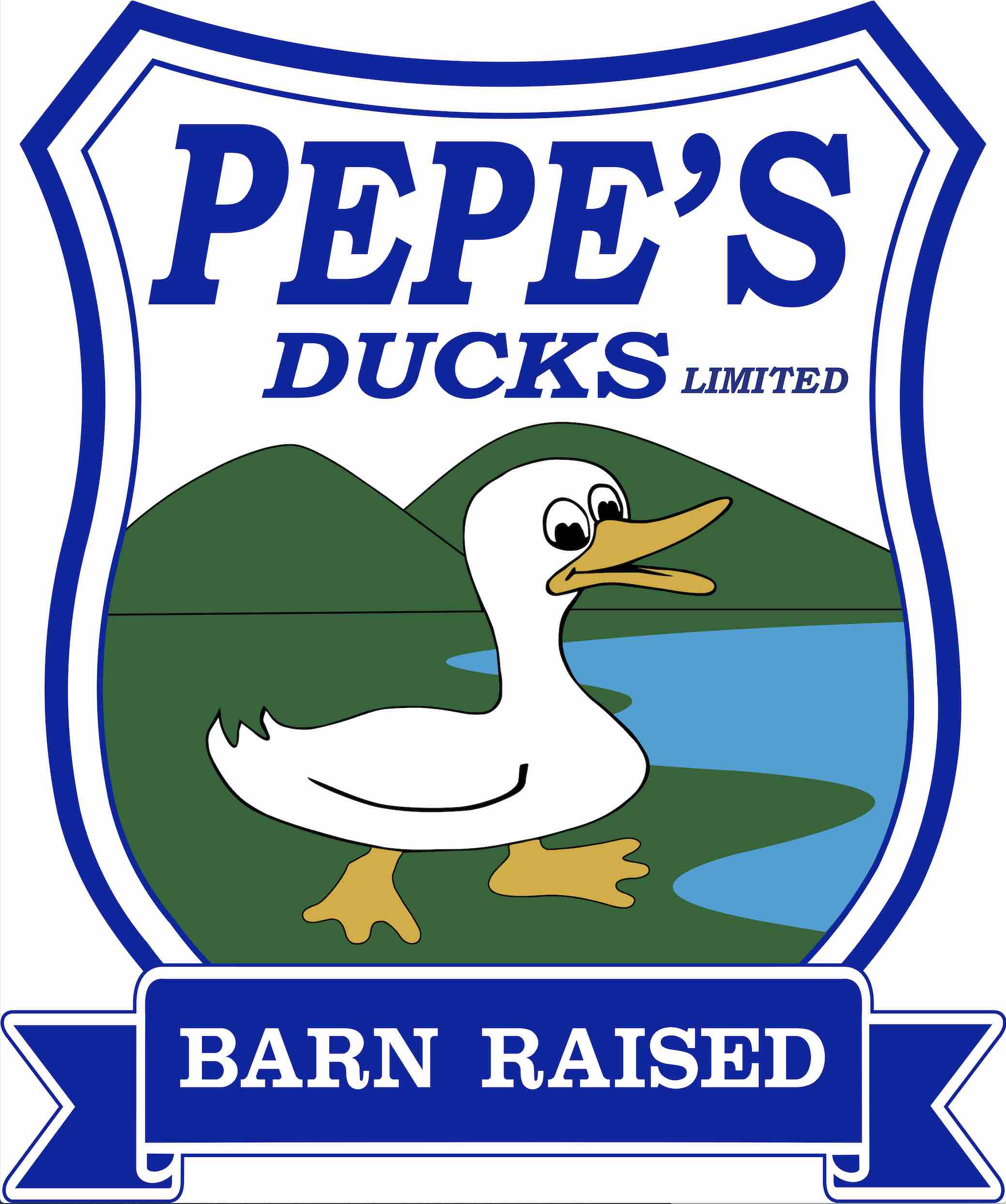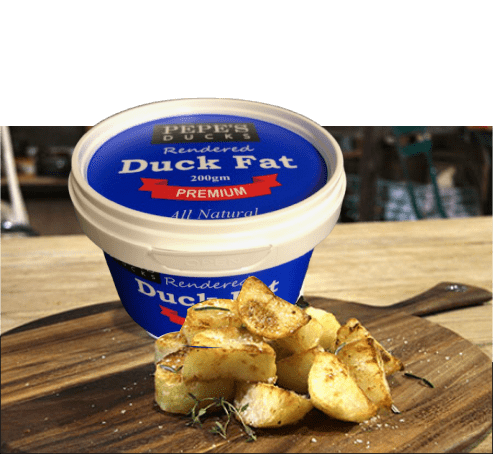Fat content has always been a bit of a contentious issue among both cooks as well as dieticians. It’s one of the reasons why duck makes for some very delicious dishes. But at the same time, it’s high enough to certainly warrant caution for the sake of health.
That doesn’t mean you have to choose a side though! It is all about knowing where this ingredient fits in, both to your culinary tastes as well as physical needs. Here are some facts about duck fat that can help.
Fact #1: Duck fat actually has low saturated portions.
This is something that tends to be overlooked when people talk about fat in duck. Saturated fat is generally the ‘bad fat’ that contributes greatly to cholesterol levels and unhealthy body weight.
However, duck fat actually has a very low percentage of this type (about 35%), while the rest is fat containing nutritious acids that actually have health benefits (such as reducing risk of heart problems and diabetes).
Fact #2: It can save a lot of money.
There are plenty of recipes that show how duck fat is rendered off. Boiling is often a primary method, but the concept is also commonly applied in grilling recipes as well.
The biggest takeaway, however, is that it’s meant to demonstrate duck as better value for your money when it comes to being a package of ingredients. With duck, you can just skip adding butter to your grocery list as the fat makes for a great substitute.
Fact #3: Its flavour should be a factor.
Everyone talks about the rich flavour duck fat imparts in other dishes, whether it’s potatoes, French pastry or grilling other meats. Incidentally, many of these instances involve using duck as a substitute for butter.
Because like duck fat, butter lends itself with a nice flavour (that’s sometimes even tastier than duck but certainly a lot fattier as a result). That is why other alternatives (like, maybe, olive oil) don’t taste as rich in these dishes.
This is very significant, because there is no point in seeking out less fatty alternatives when the taste of a dish greatly suffers. By considering the flavour of duck fat as a substitute for butter, you can find a better middle road that has less health risks while satisfying your palate.
On a final note, all fat is best taken in moderation (even the good kind). So if you’re still not sure what the rule of thumb is, then just save your duck fat for special occasions where your cooking could use an extra touch. That way, you can confidently minimize any negative impacts on your diet while still looking forward to making something very delicious when the time calls for it.
Check the products page for details.
You can purchase duck fat from us by contacting one of our friendly sales staff.

